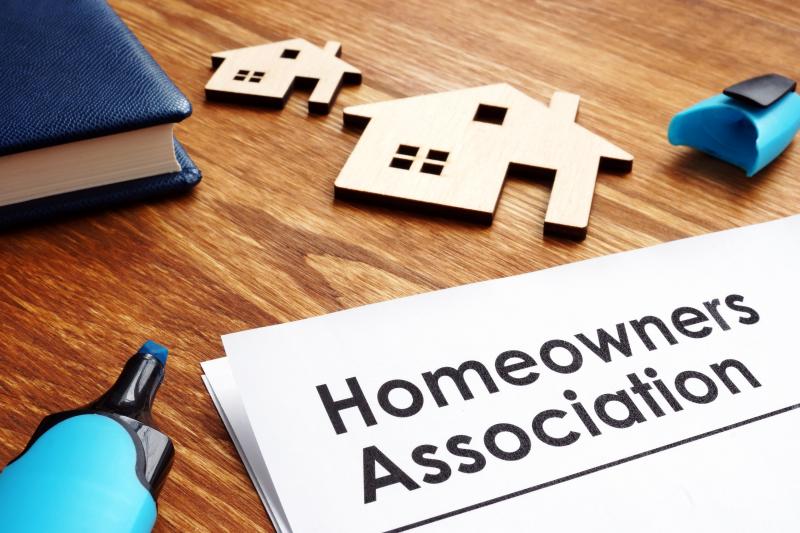Homeowners Association 101: 6 Tips For Effective Community Management

If you live in a subdivision, condominium building, or planned community, chances are, you’re a part of a homeowners’ association (HOA). You might even be a member of the HOA board that manages your community.
If so, you should know that managing a homeowners’ association is a significant commitment that requires enough knowledge, energy, and time. A well-run community association doesn’t come easy, and the responsibility can be too much to handle.
With that said, here are effective HOA community management tips to ensure that your community can efficiently operate and move forward.
- Set Up A Substantial Reserve Fund
Reserve funds are an essential part of the community’s finances. HOAs need these funds for general management costs, emergency expenses as well as implementing large-scale projects.
Most HOAs do have a reserve fund. However, the size might be relatively small. When there are unexpected or emergency expenses such as natural disasters, HOAs will need to levy special assessments to come up with the money. Oftentimes, it placed a heavier financial burden on homeowners.
Thus, HOAs need to set up a sizable reserve fund. As a rule of thumb, it should be at least 30% of the total maintenance fees. In addition, the board should also conduct studies and research every three to five years to make sure that the level of reserve funds stays sufficient.

- Resolving Conflicts Immediately
It’s natural for communities to experience conflicts. Neighbors may have skirmishes against each other. Some homeowners may disagree with HOA board members from time to time.
When a conflict happens, the board must resolve them as they surface. To improve your HOA community management, it’s best to have a solid conflict resolution plan in place.
HOAs should always try to negotiate between parties to resolve any conflict, preventing the escalation of the situation and costly actions such as litigation, mediation, or arbitration. An HOA that can resolve conflicts faster can also increase the satisfaction levels of its residents.
- Choose The Right Vendors
Whether it’s for maintenance repairs, landscaping, or cleaning, HOAs need to hire the right vendors.
Although it’s important to keep the operating expenses low, the board should not settle for vendors with low prices. Hiring a reasonably-priced vendor can be cost-effective in the long run.
It’s better to choose a higher-priced vendor that can get the job done in a single visit than a vendor who does a low-quality job that eventually needs to be redone.
When searching for vendors, it’s best to do your research and don’t settle for the low-quality ones. Do your homework and consider their reputation and the quality of services they provide. Also, you might need to consider how well they interact with your community, which can help prevent problems and conflicts with homeowners.
- Monitor Resource Usage
Some community associations may not be properly allocating their resources, or worse, misusing them.
Wasted resources can increase the community’s operating expense as well as take up more time. This can prevent the association from becoming productive and operating efficiently. It can also lead to lower satisfaction from homeowners.
By monitoring resources, communities can ensure proper usage of homeowner payments and guarantee residents that they’re not feeding corruption.
- Implement Strict Reinforcement Of Policies
Residents are required to read, understand, and comply with set community policies. Unfortunately, it’s easy to forget to follow them as well as enforce them.
In addition, some board members fail to enforce the rules regularly and fairly. This can lead to lower satisfaction levels and homeowner conflicts. If there’s discrimination or selective enforcement, an HOA might even end up in costly legal proceedings.
Thus, in case of policy violations, HOAs should never forget the rules nor favor others. They need to be strict and make sure that homeowners are sticking to the rules. This should help maintain order and peace in your community.
- Hire HOA Management Agencies
The responsibility of managing communities can be a lot for the board to handle. Whether HOA board members don’t have the expertise or time to manage the community or the community is growing too much that self-management is no longer feasible, an HOA management agency can support communities.
Specializing in community management with better resources and experience, these agencies can help HOAs in managing their communities more efficiently.
Conclusion
No HOA can ever be perfect. However, the most important thing is that your community association is always thriving to improve. Following these tips can ensure the betterment of your community— ensuring a reliable association that serves happier residents.
More to Read:
Previous Posts:











